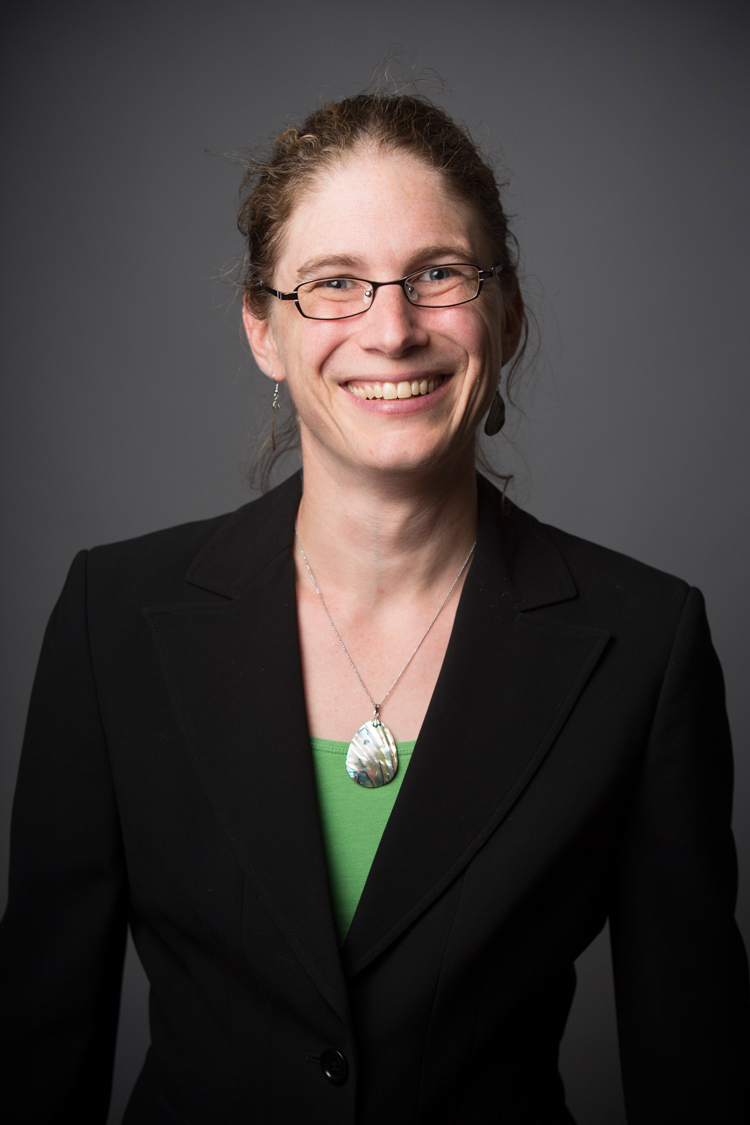
- This event has passed.
MSE Seminar: “Biomineralogical Signatures of Pathlogical Mineralization”
December 1, 2022 at 10:30 AM - 11:30 AM
Pathological calcification is a wide-spread phenomenon in the human body, in which calcium minerals form in soft tissues and are found in both healthy and diseased tissues. One example are microcalcifications (MCs), which are primarily biological apatite and occur in cancerous and benign breast pathologies. MCs are key mammographic indicators, however, little is known about their materials properties and associated organic matrix, or their correlation to breast cancer prognosis. Outside the clinic, numerous microcalcification compositional metrics (e.g., carbonate and metal content) are linked to malignancy, yet microcalcification formation is dependent on microenvironmental conditions, which are notoriously heterogeneous in breast cancer. We have interrogated multiscale heterogeneity in calcifications from over 20 breast cancer patients. Employing an omics-inspired approach, for each microcalcification we define a “biomineralogical signature” combining metrics derived from Raman microscopy and energy dispersive spectroscopy. We observe that 1) calcifications cluster into physiologically relevant groups reflecting tissue type and local malignancy; 2) carbonate content exhibits substantial intratumor heterogeneity; 3) trace metals including zinc, iron, and aluminum, are enhanced in malignant-localized calcifications; 4) the lipid-to-protein ratio within calcifications is lower in patients with poorer prognosis, suggesting that expanding diagnostic metrics to include “mineral-entrapped” organic material may hold prognostic promise. This multimodal methodology lays the groundwork for establishing MC heterogeneity in the context of breast cancer biology, and has the potential to be applied to other pathological minerals, as well as in vitro models of mineralization.

MSE Seminar: “Biomineralogical Signatures of Pathlogical Mineralization”
Department Chair and Professor, Department of Materials Science and Engineering, Cornell University, Ithaca, NY
Lara A. Estroff received her B.A. with honors from Swarthmore College (1997), with a major in Chemistry and a minor in Anthropology. Before beginning her graduate studies, she spent a year at the Weizmann Institute of Science in Rehovot, Israel as a visiting researcher in the labs of Profs Lia Addadi and Steve Weiner. During this time, she was introduced to the field of biomineralization and studied chemical approaches to archeological problems. In 2003, she received her Ph.D. in Chemistry from Yale University for work done in Prof. Andrew D. Hamilton’s laboratory on the design and synthesis of bio-inspired organic superstructures to control the growth of inorganic crystals. After completing graduate school, she was an NIH-funded postdoctoral fellow in Prof. George M. Whiteside’s laboratory at Harvard University (2003-2005). Since 2005, Dr. Estroff has been in the Science and Engineering department at Cornell University and in 2019 she was promoted to Full Professor. She served as the Director of Graduate Studies in the department from 2015-2019. As of August 2020, she is the current Chair of the Materials Science and Engineering department. Her group focuses on bio-inspired materials synthesis, crystal growth mechanisms, and the high-resolution characterization of pathological mineralization. She has received several awards, including an NSF Early Faculty Career Award in 2009 and a J.D. Watson Young Investigator’s award from NYSTAR in 2006.
